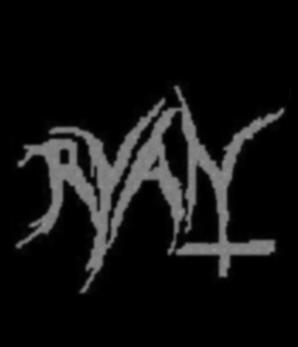The protest was unreasonable too. Lets call it a draw
Do you guys agree with this ruling?
Personally I don’t, but the protest wouldn’t / shouldn’t have blown out of proportion if the local authorities wouldn’t have let it degenerate to this point in the first place.
Absolutely not. If the judge can explain to me how the federal government could have taken care of this otherwise. The municipal and provincial governments were absolutely not doing anything about it.
I think people are missing one important point which is that if this judge was at the table during the freedumb protest, he would’ve approved the use of it. This is all in hindsight now, but at the time, he would’ve agreed. Also - the use of it in Ottawa and Windsor he agrees with, just not for the entirety of Canada.
Isn’t this also missing the point? Is what a judge thought before the case was heard relevant? Surely a court case involves presenting facts from both sides and arguing the case and not prejudging the case as if they were there before the start and before the case was heard. I think technically the judge would have to recuse himself.
As I understand it it was still only a police response and the army was not called in. Why couldn’t the municipalities just call in the police of their own accord?
They did. The Ottawa Police Service was in the city and involved from the beginning. For whatever reason, they were unable or unwilling to clear the siege for 3 weeks. Doug Ford, the premier of Ontario and the one who would call in the Ontario Provincial Police, was MIA and not taking care of his responsibility. The only way the federal government could directly take control of those organizations, as well as bring in assistance from other provinces such as SQ from Quebec, is via the Emergency Act. Which they did, and ended the situation in a day or two when local authorities refused to deal with it for over three weeks.
It’s also worth bearing in mind that concurrently with the siege in Ottawa, there were two border blockades set up, one on the Ambassador bridge and one near Coutts, Alberta. They were part of the same event and the Emergency Act was used to clear that up as well.
The ruling ignores the extenuating circumstances and, in this age where even the rule of law bends seemingly for political gains, reeeally smells suspect.
Sounds like the judge hardly agrees with his own ruling-
Reasonable and informed people could reach a different conclusion than the one I have arrived at.
What is the legal definition of “unreasonable”?
deleted by creator
What I am unclear about, as a non Canadian, is what the ruling means. For instance is there anything about the ruling, as it stands, to prevent or impede the government, in any way, from invoking the emergency act in future as long as they have a majority in parliament? If the ruling has no teeth why does the government care about it. Why even appeal it?
The second interview of a CBC piece answered some similar questions I had. This ruling provides precedence and can stop a future invocation of the Emergencies Act in its tracks through an injunction from the Federal Court of Appeal, if it’s granted.
The government is appealing the decision because they believe the invocation was reasonable and justified. The Liberals are currently behind in the polls, so politically it’s within the government’s interest to appeal this. The act itself is decades old and never invoked prior to this so both the civil liberty groups and the government are probably keen on getting clarification on the legal usage of the act from the Supreme Court of Canada.
Personally, I fully support the usage of the act. What I found unreasonable was the lack of accountability with the provincial police.
You believe that the possibility of economic harm to businesses is in itself justification for the invocation to Emergency act?
That was one of many factors that I think the invocation was necessary. Th residents, as well as affected businesses, in Ottawa were left to fend for themselves as leadership(including the police) could not end the occupation of the downtown core. There were multiple blockades of varying degrees that were also problematic. What came out of the Coutts blockade was worrisome to say the least. The one at the Ambassador Bridge was cleared but who knew if people would come back or setup elsewhere. No one knew how things would play out at the time but there was a lot of concern across Canada. Even by the judge’s admission, he may have advised the same conclusion the government decided on.
At the end of the day I agree with the public inquiry that didn’t find it unreasonable and perhaps revisions to the Emergencies Act is something to consider.




